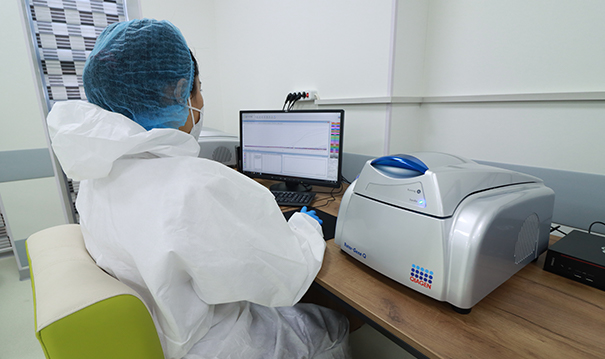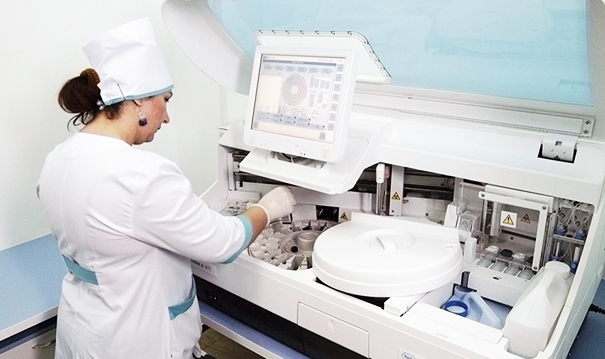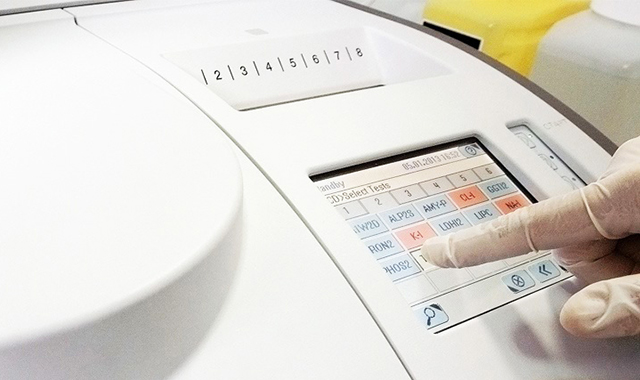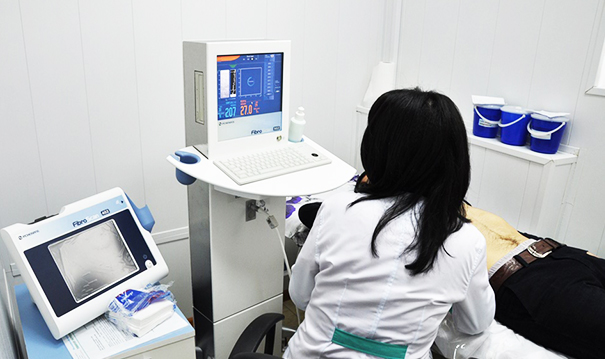Hepatitis A
Hepatitis A, or jaundice, as the disease is popularly called, is a disease that can affect everyone, both adults and children. The disease affects the liver and can be mild or severe. Recovery from Hepatitis A is a long process and involves compliance with a strict diet, medications, and a decrease in physical activity. It is believed that Hepatitis A is a disease caused by dirty hands. Unfortunately this is not always the case and even the strict control of sanitation and personal hygiene cannot ensure avoidance of the disease. Vaccination against hepatitis A is the most effective way to deal with the disease.
Outbreaks tend to lead to the disease spreading among large numbers of people. An infected person might infect people with whom he has daily contact.
Dangerous diseases and children’s groups.
Getting vaccinated against hepatitis A means to protect persons and their loved ones from the illness and having to recover from the effects, which can take a lot of time and effort. Vaccination for Hepatitis A is recommended for all persons, children and adults, who did not previously contract the disease. Particular attention should be paid to the vaccination of those at increased risk of infection. Among them are the staff of kindergartens and schools, catering staff, medical staff and in particular staff of infectious disease departments of hospitals and health care facilities.
It is recommended to vaccinate patients suffering from any chronic liver disease against hepatitis A in order to avoid complications in the case of contracting the disease.
The Immuno-C vaccination centers for vaccination against hepatitis A, use Havrix -720 vaccine (produced in Belgium) and Mevak-A, produced in China.
The Havrix-720 vaccine is designed for the active immunization of hepatitis A and meets the WHO requirements for inactivated vaccine against hepatitis A. Applying the two-dose vaccination provides active immunity against hepatitis A virus for a minimum of 15-20 years. It can combine with any other vaccine in the national calendar of immunization , vaccines required for travel and emergency vaccination. The use of the vaccine is effective in the early incubation period of the disease.
Havrix-720 is used as follows:
- Children:The primary vaccination is given at 18 months of age and a booster at 6-12 months.
- Adults (previously vaccinated):Vaccine is administered in two steps according to scheme 1. 6 to 12 months after the first vaccination, it is recommended to repeat the vaccination.
Vaccination is contraindicated in the case of hypersensitivity to one of the vaccine components. In the presence of acute or chronic inflammatory disease with a background of a high temperature, the vaccination is postponed until the normalization of body temperature.
The use of the vaccine during pregnancy and lactation is allowed only when absolutely necessary.
Havrix is a reactogenic vaccine and the duration of the possible side effects does not exceed 24 hours. In rare cases (0.5%), there is a possibility of local reactions such as pain, swelling and redness at the injection site. The frequency of side effects is extremely low at revaccination.
MEVAC-A is a live vaccine against hepatitis A. It is used in many countries around the world. It is administered once.
The MEVAC-A vaccine is recommended for use by the WHO. The drug has been well proved in terms of patient tolerance, is highly immunogenic and produces strong immunity against the hepatitis A virus for a duration of 15 years. Possible side effects are mild local reactions and dyspeptic symptoms.






